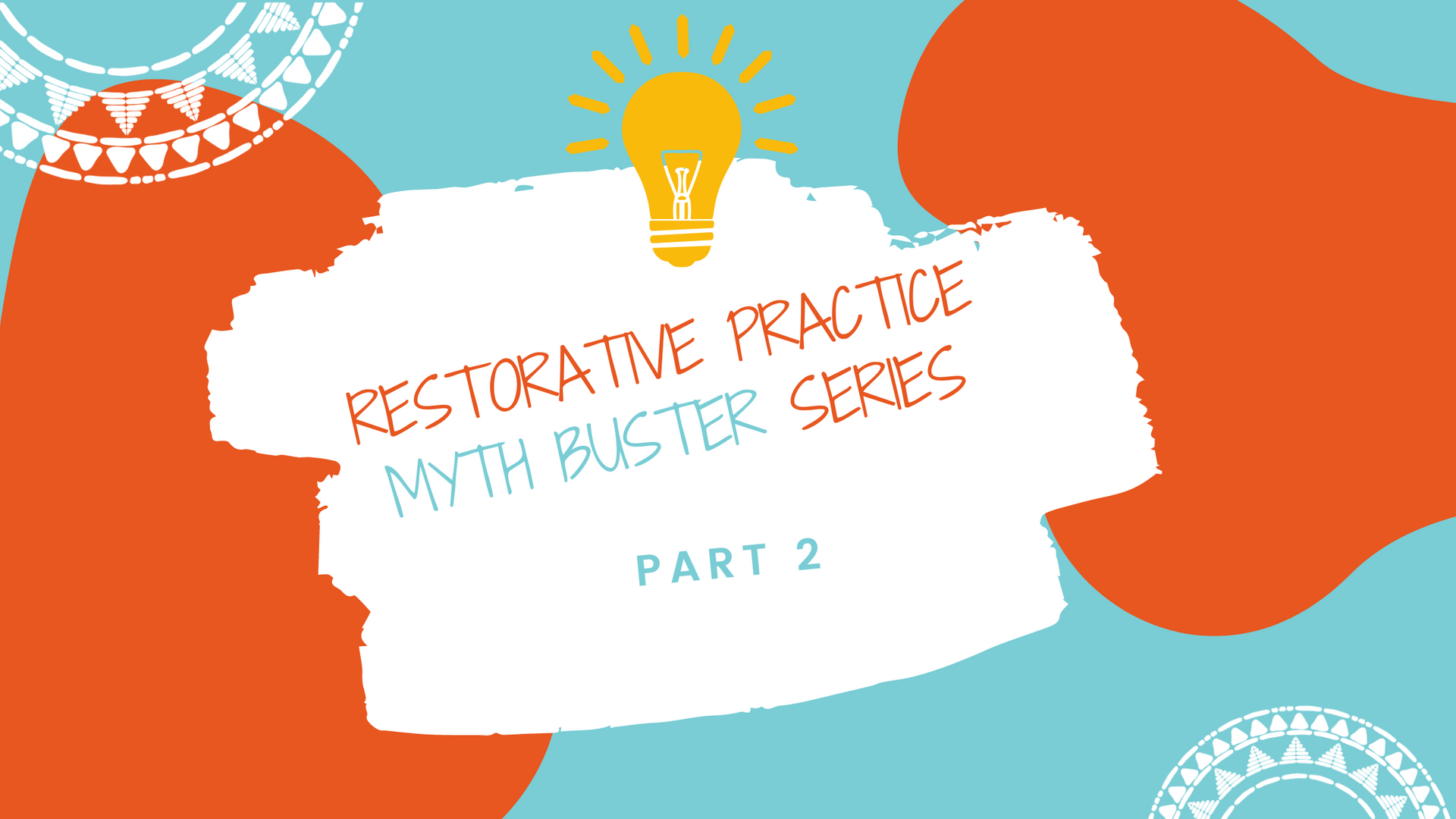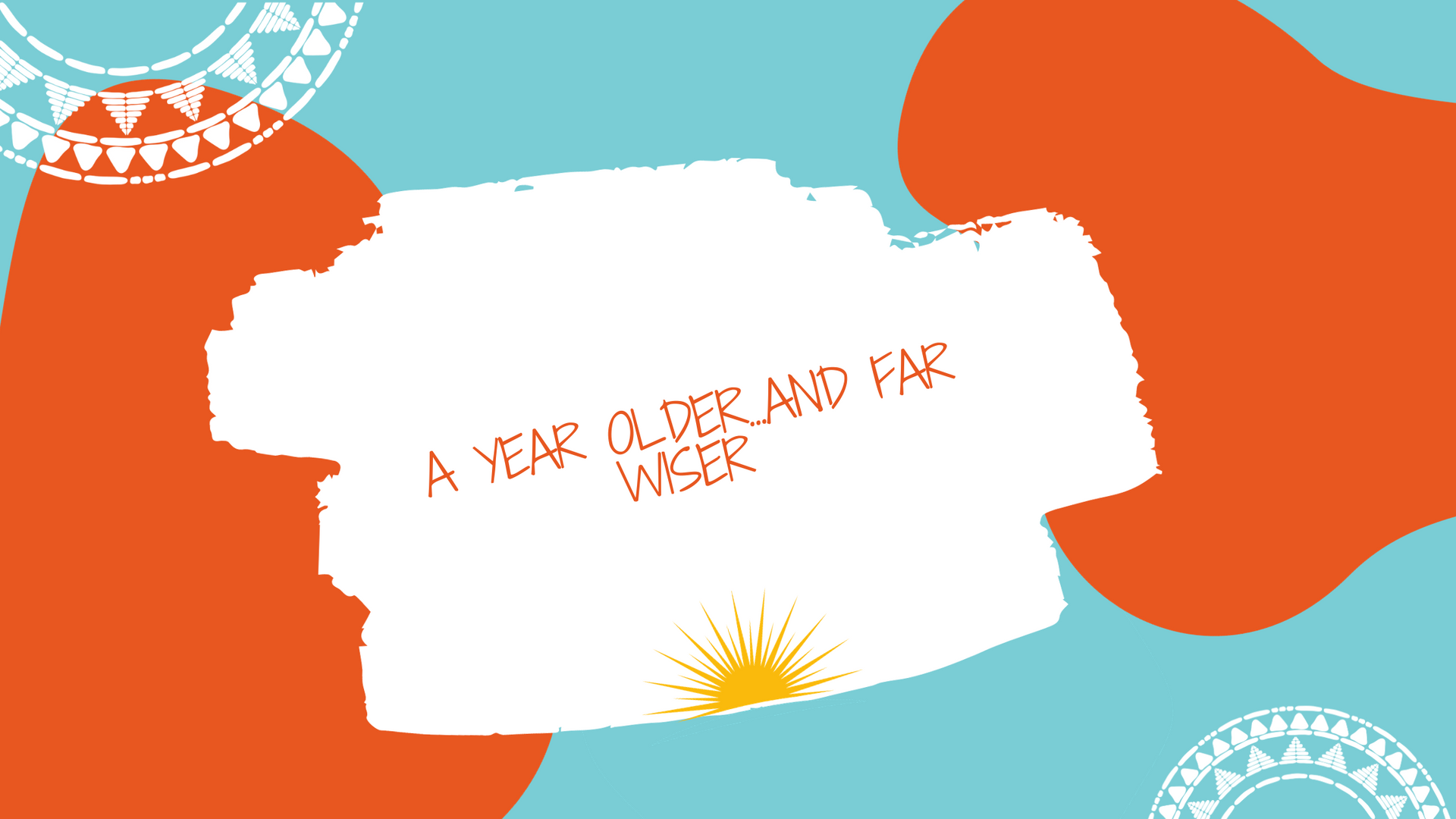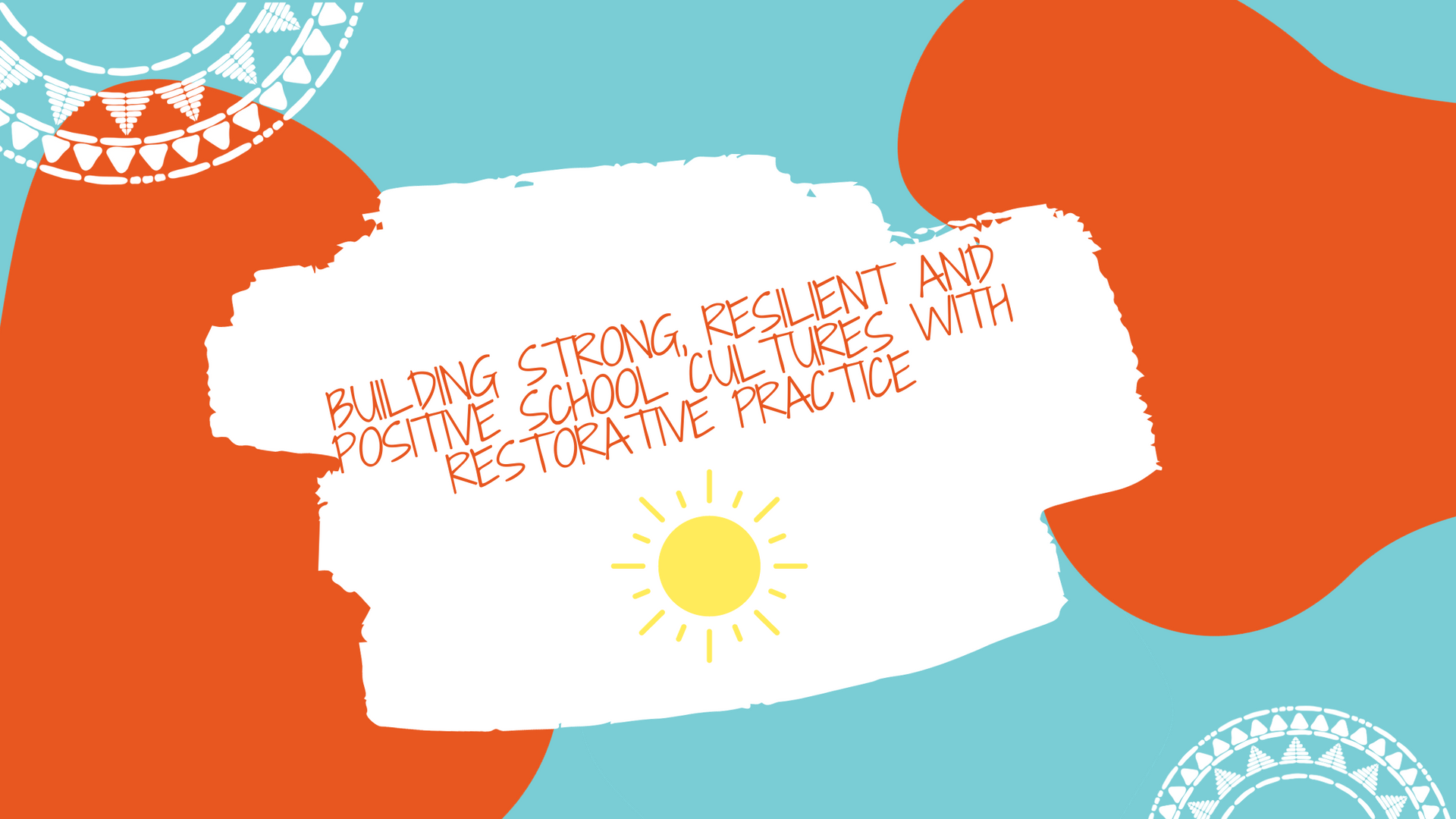Restorative Practice Myth Buster Series Part 1
In this series, I will outline some of the comments I hear about Restorative Practice and why they are simply myths.
1. RP is About Being Positive All of the Time
Although RP is about building positive relationships and taking a positive and solution-focussed approach. It is not about being robotic, we are allowed to make mistakes and have ‘Off Days’, RP just offers a compass to find our way back. Conflict is also not a bad thing, it can be an opportunity for connection, especially when dealt with in a restorative way. We don’t pretend everything is OK or ignore challenges when being restorative; acknowledging harm is a big part of this – we can’t change what we don’t acknowledge but here we move from blame to restorative. RP can give us the conflict literacy skills and language to navigate these awkward and uncomfortable conversations.
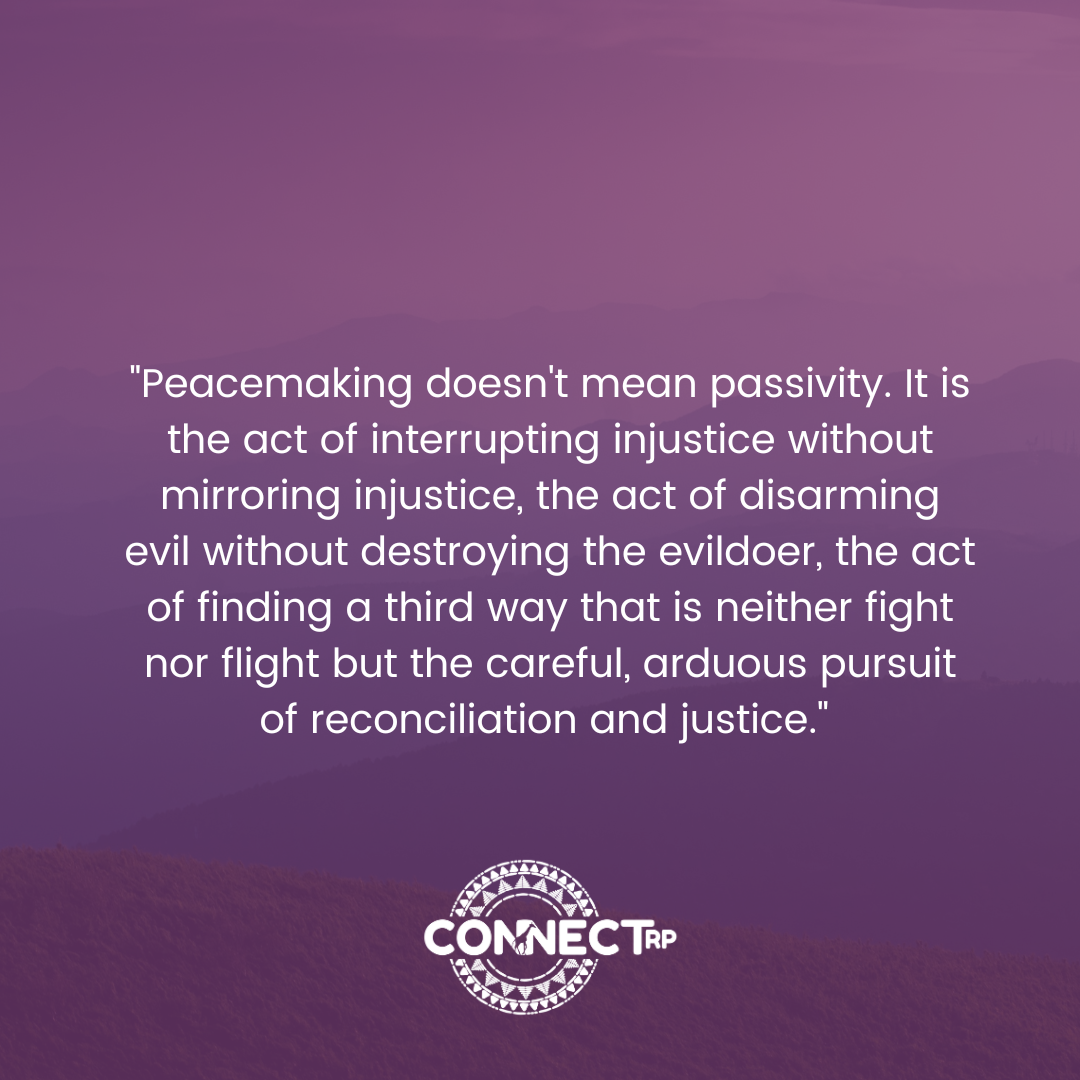
2. RP Takes Too Much Time
I think at times it can take more time when we are referring to a restorative chat rather than filling in a referral but in my experience, we either spend the time investing in the relationship and identifying unmet needs or we spend the time responding to all the challenges, behaviours, exclusions that emerge over and over again when we don’t. Sometimes there is no time in the school day for a 10 min process, this is just true – we are metaphorically trying to build a circle into a square at times – finding time to talk and reflect amidst the hustle and bells of school life. But RP is also a 10 second way of thinking ‘ I wonder what is underneath that behaviour’?, a 2 min One Word Whizz to start a class that builds a great learning environment, or a simple re-phrase from “YOU’ to ‘I” to de-escalate an issue - ‘ You ‘ll be in big trouble if you don’t turn around’ versus ‘ I’d love us to work together here, will you turn around in your seat and we’ll give it a go?’. There are many ways to ask a student to work with us and a restorative one can take 2 seconds and avoid an exhausting power struggle. Remember good relationships are at the heart of effective teaching & learning.
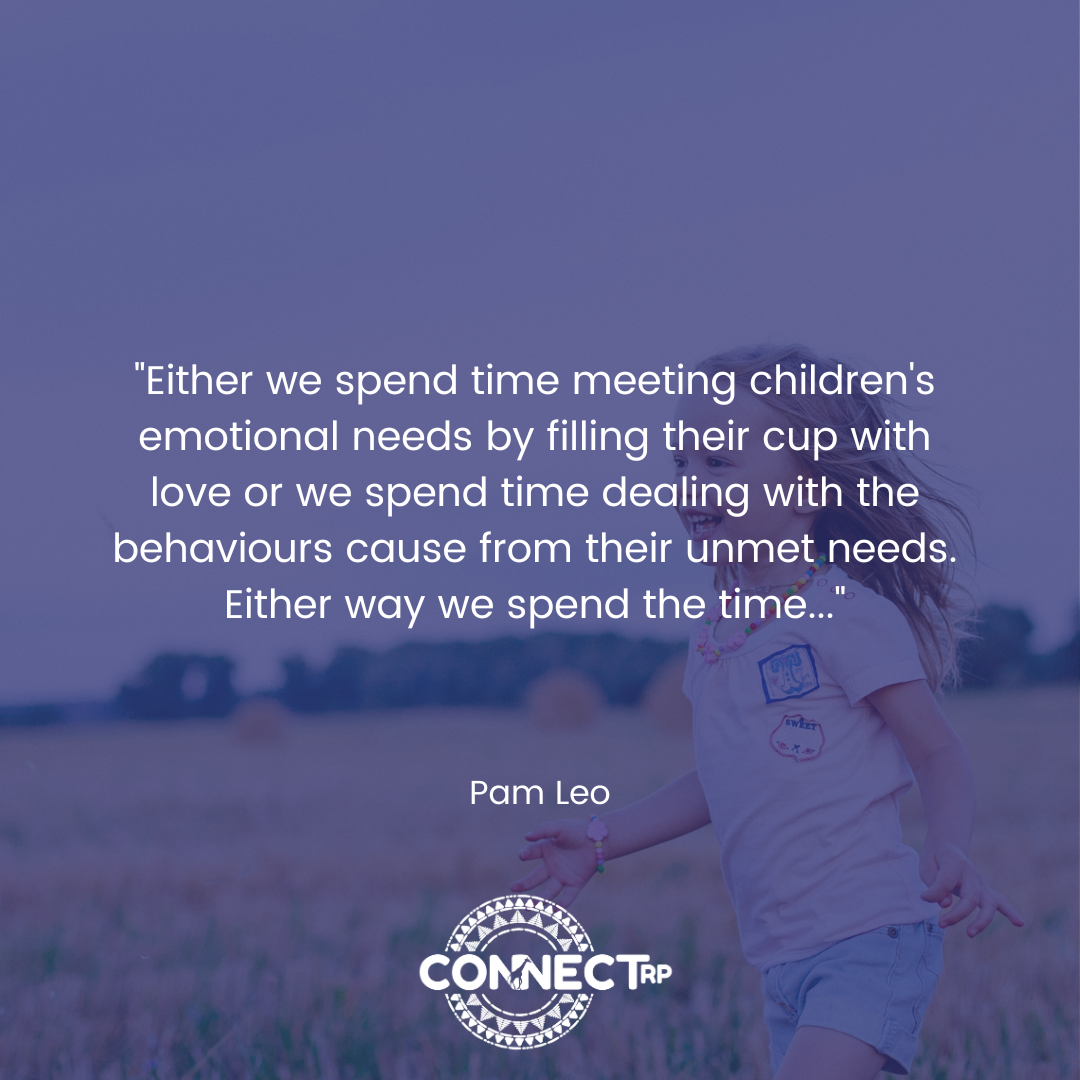
3. RP is a Soft Approach
I think RP does develop what can be described as 'soft skills' - skills for building relationships through positive communicating; relational skills such as listening, identifying and communicating emotion, being self-reflective. They say that EQ, emotional intelligence, is one of the most overall success factors in careers (& a happy life!). In my experience, being willing to sit with uncertainty with a student by sharing the power to be part of the solution; having brave and awkward conversations with a colleague rather than continuously giving about a situation in our head; and being willing to look at ourselves and model accountability when we have made mistakes can be very hard indeed but this is the birthplace of empathy, connection and growth so worth it.
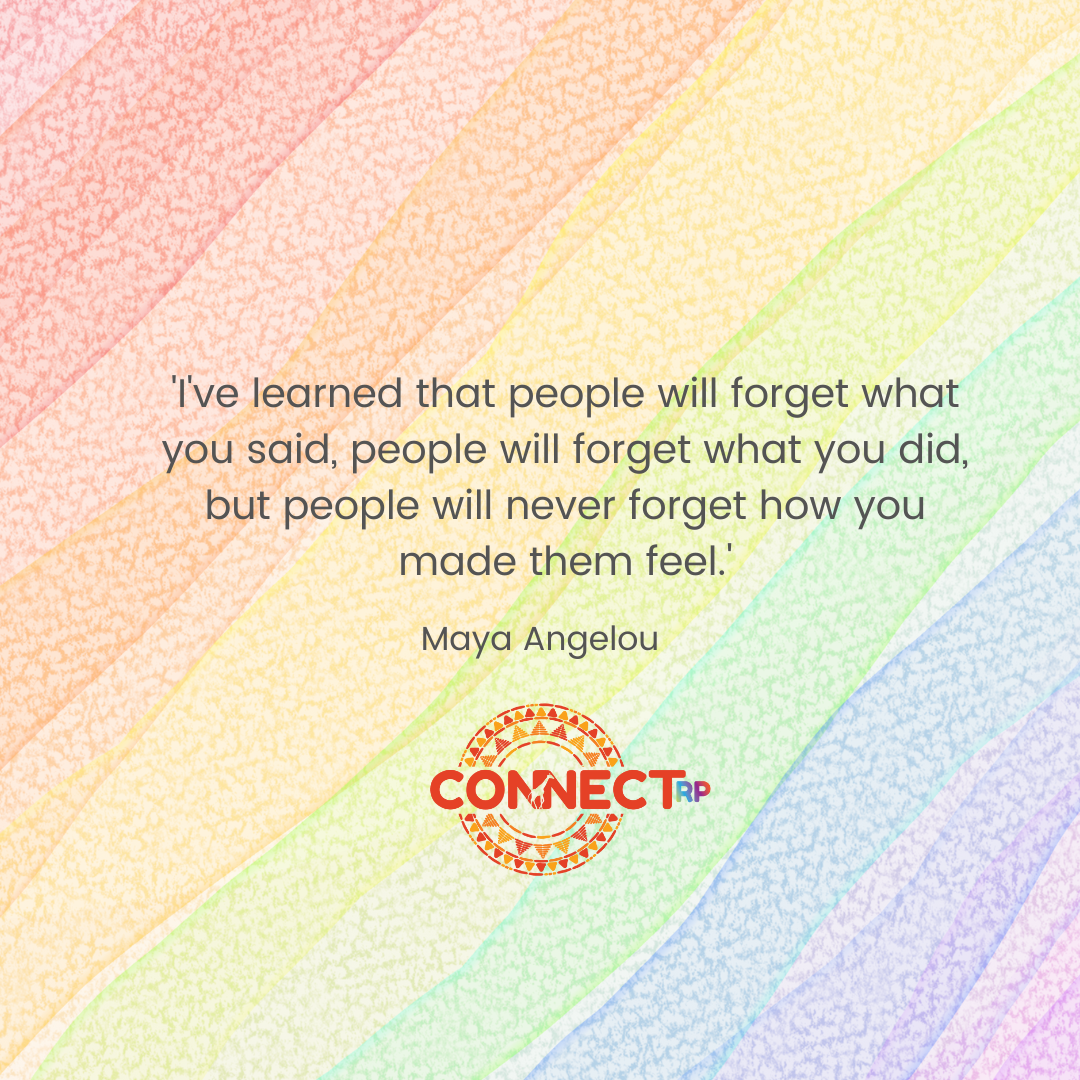
4. RP is All About the Restorative Questions
Many people are attracted to the restorative questions, and I can see why they are appealing. They are accessible and explicit. But RP is a philosophy and way of thinking that believes better relationships we have, the more we flourish and the less likely we are to cause harm. RP is about intentional community-building, check ins and check outs, circles, relational pedagogy, mindful moments, group agreements and decision-making processes, community accountability, social support networks and restorative questions, language, processes for conflict engagement and resolution.
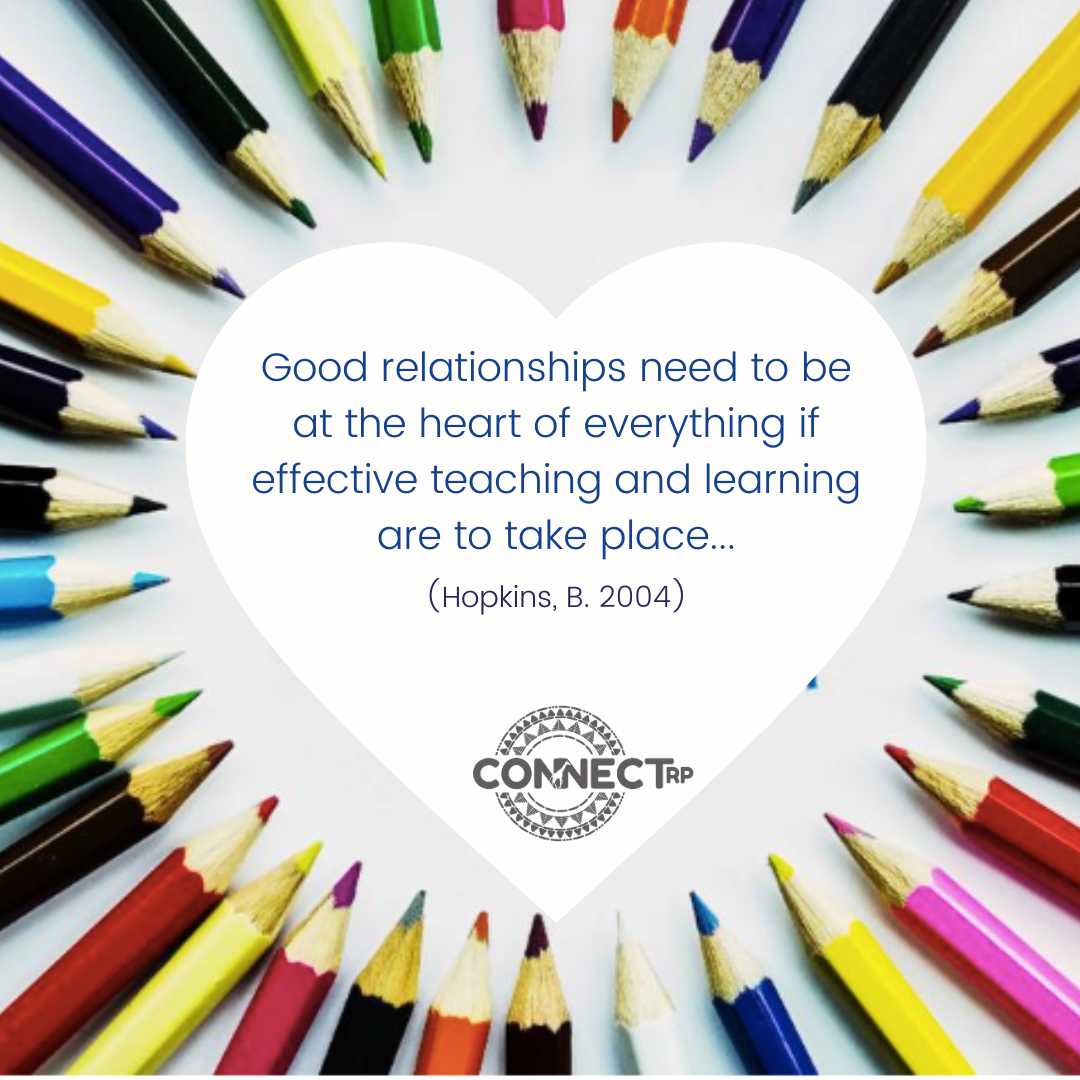
5. There are no Rules So Kids Can Just Do What They Want!
RP is not about abandoning everything we have ever done in schools. It is about a collection of small shifts over time that enhance community, the idea of promoting integrity where our students do the right thing even if no one is watching. I like replacing the focus on rules to agreements that centre around our values – so that we have an understanding of values in action, an expectation as a community that aligns with our ethos. It’s not a ‘Do what you want!’ approach but it is also not a ‘Do it or you’ll be in big trouble!’ approach; it is a ‘IT’s the right thing to do to take care of our community and ability to learn in community’ approach!’. When we break our agreements, it is important to acknowledge this and enable our students to make amends, to repair the harm. We move from getting even to getting whole; from take away privileges to inviting our students to give back!
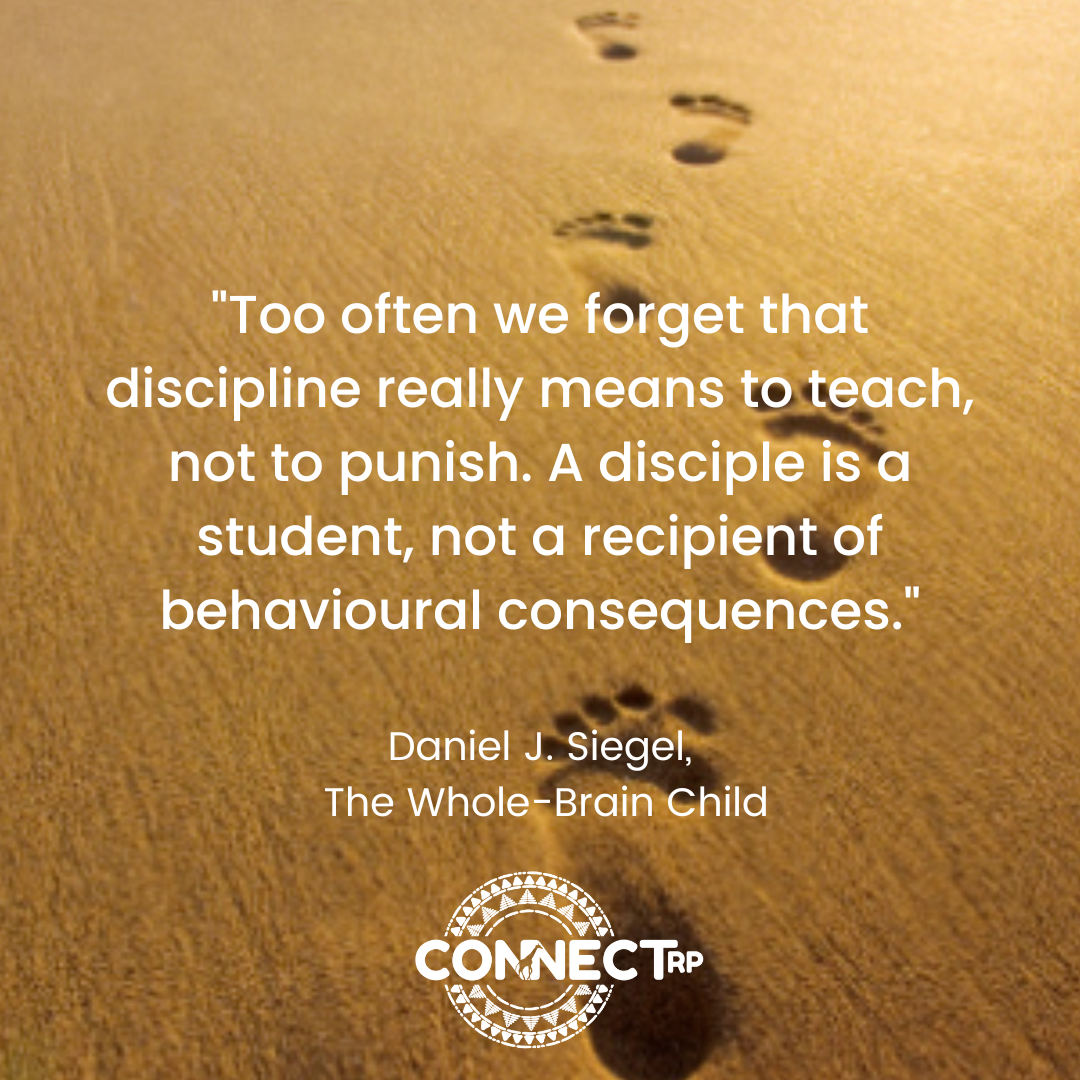
Do you want to get to know Restorative Practice better? Why not sign up to one of our Restorative Me plus workshops taking place over 2024.

